Stories
Diabetes is complex and different for everyone. These real-life stories and quotes reveal how people with diabetes experience — and can overcome — feelings of blame and shame.
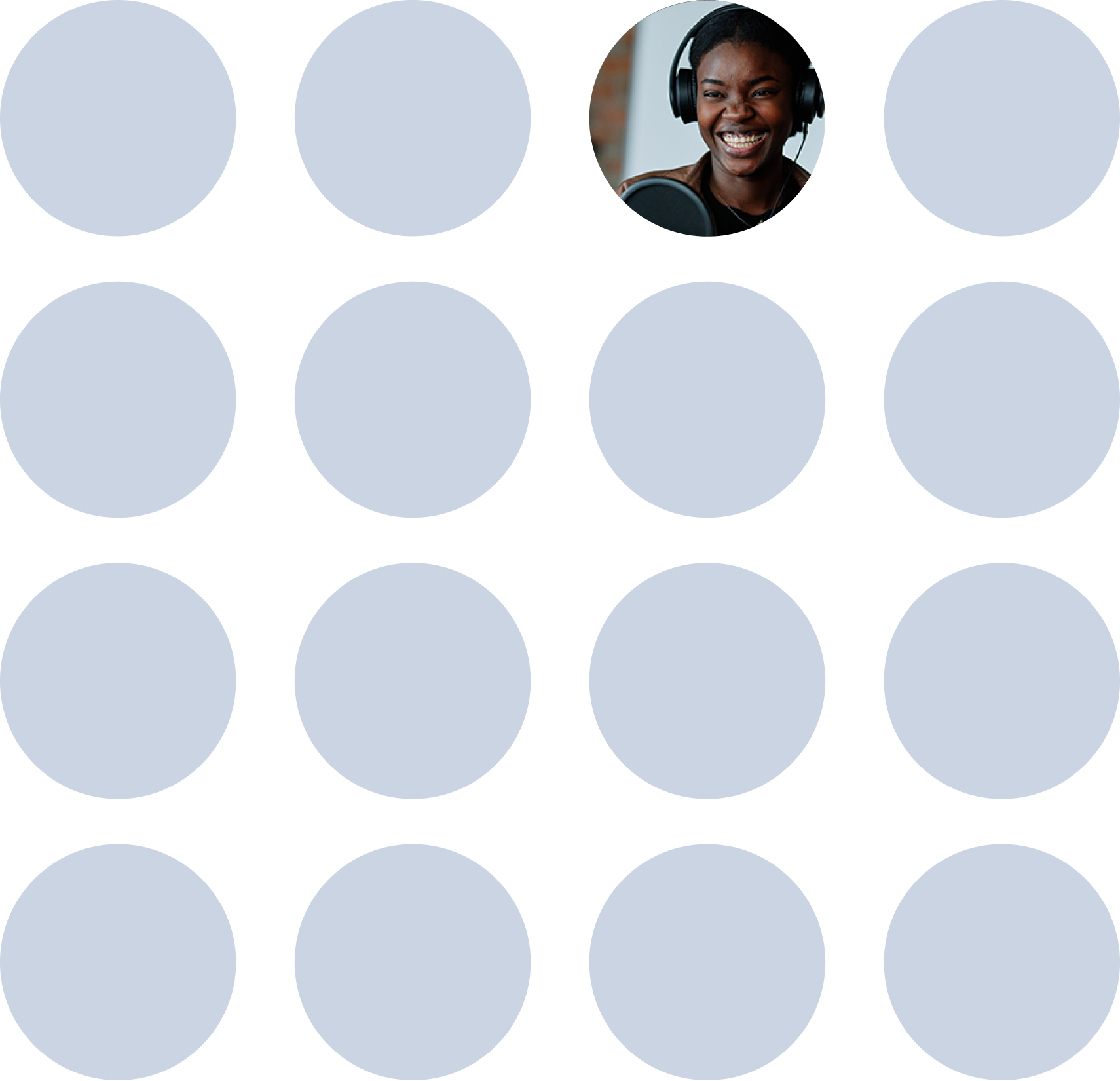
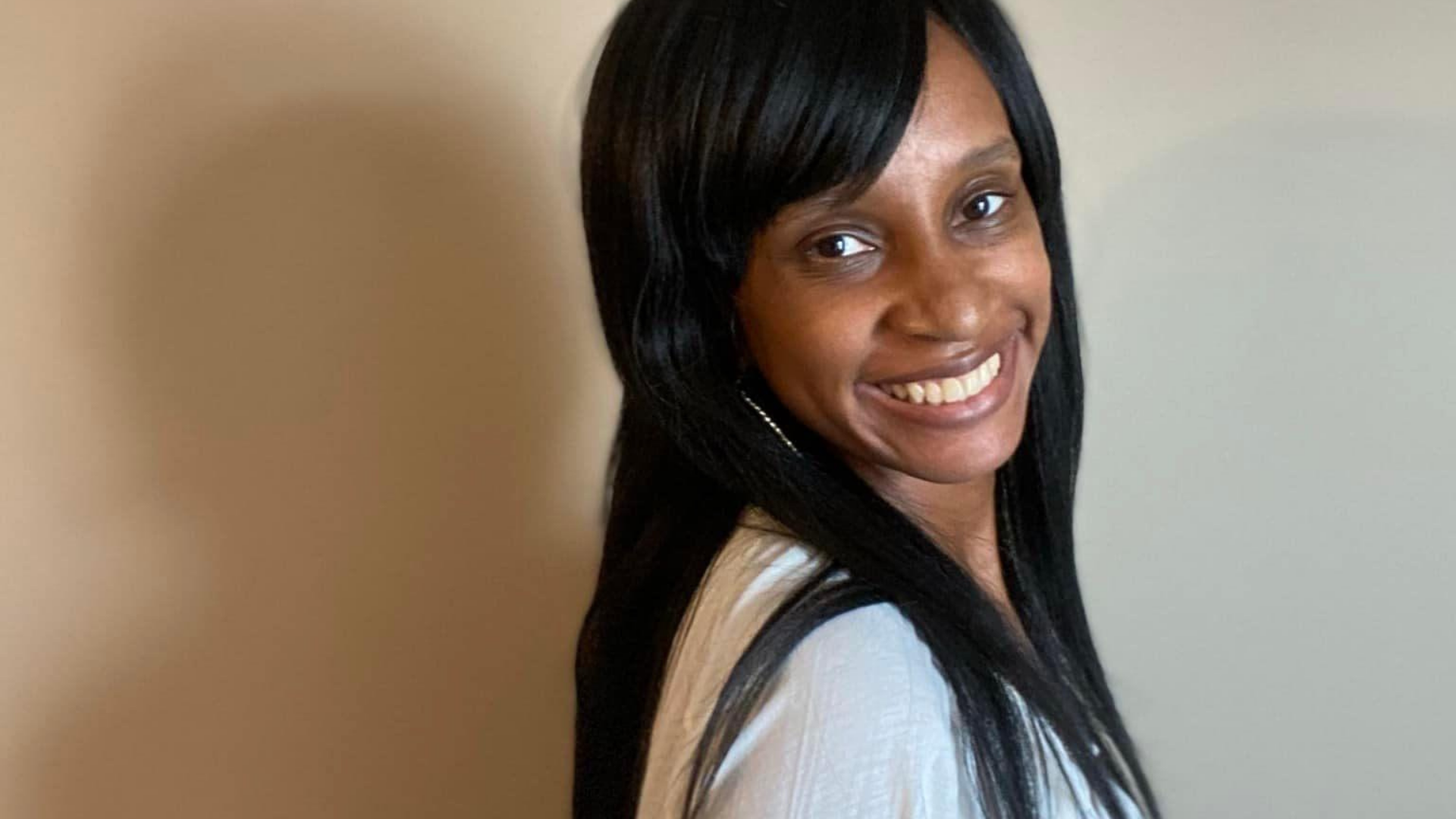
CJ Walker
41, Virginia
I was originally diagnosed with type 2 diabetes. In an online diabetes community, I was told that since I was thin and didn't need to lose weight that I must have type 1.
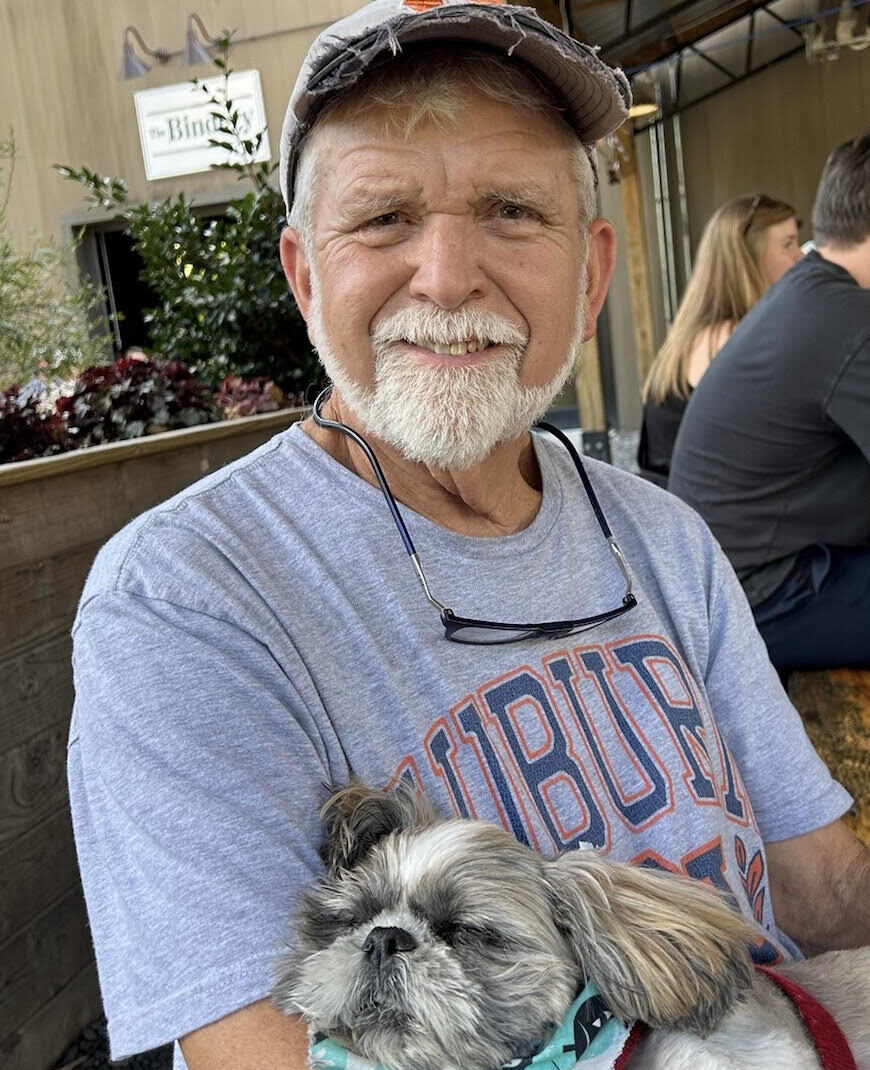
Tom McDonnell
72, Newnan, GA
My name is Tom McDonnell. I am 72 and live in Newnan, Georgia. Seventeen years ago I noticed I was losing weight for no obvious reason. At the time, I was very active – running, swimming, and participating in other outdoor activities. I wasn’t overweight and I felt like I was being as healthy as I could! So I was shocked and unhappy when my doctor told me I had diabetes. Me? A diabetic?
Read more
After processing and coming to terms with the news, I began on my now daily journey to manage this beast. I’ve learned a lot in 17 years – what I can and can’t do and eat – and how to manage my insulin dosing for my different meals (without relying solely on insulin). The fact is I have diabetes and will have it for as long as I live. So, on with life!
Today, I’m managing my diabetes thanks to the technology I have access to, my healthcare professionals, and most importantly, my family. That family includes four wonderful grandchildren who keep me young, healthy, and active.
As they grew into toddlers and youngsters, I included them in when I am doing a finger stick or when I am changing my OmniPod pump and Dexcom continuous glucose monitor or CGM. I put on quite an act when they “stick me” – and we all have a laugh! I get a lot of help when they’re around: “Pops, can I help you change your Pod?” is a frequent request!
When leaving to go somewhere my grandkids are quick ask, “Pops, what’s your blood sugar?” When my “electronics” beep with alerts and updates, the kids often say “Pops, you’re beeping!” These days I don't hear as well and wear hearing aids – so they hear often hear the alerts before I do. Given all this technology, the beeps and the batteries, they have dubbed me “Robo Pops!"
I love to have fun. So, taking a very serious disease and turning it into a shared positive experience with the kids brings me joy! As they grow up, they will understand more and I hope will never quit reminding me that, “Pops, you’re beeping.”

Joanne Gerstein Hein
69, San Diego, CA
I am Joanne Gerstein Hein, a 69-year-old Speech-Language Pathologist in San Diego.
Among other work I have done in my 46-year career, I spent 5 years working with neurologically challenged patients in a rehabilitation hospital. Seeing the ravages of diabetes on some of the rehab patients, who had lost limbs or had heart failure due to diabetes, I had thought of the disease as the “kiss of death” and feared ever getting it. Happily, I have been living well with diabetes for the past 24 years, thanks to medical advances, CGM, and a love of life.
Read more
Just over 33 years ago, I was diagnosed with gestational diabetes during my second pregnancy. My OB-GYN referred me to a top endocrinologist in town. Maybe “top” to my OB-GYN but definitely not to me! The endo was cold and entirely unsympathetic during my 7-week association with him. He and his staff provided me with prescriptions for insulin and a very strict dietary regimen. As a pregnant woman with a 3-year-old at home, I was worrying about every little thing to begin with, but gestational diabetes really turned my world upside down. On top of twice-weekly fetal monitoring, I logged everything I ate, every unit of insulin, and everything else I was required to do. On top of the stress, I felt that I was starving myself and was shamed out of standing up for myself, because I figured the endo and his staff knew way better than I did. On one of my endo visits, I remember breaking down in tears and begging the doctor to allow me to eat one extra cup of broccoli. I felt ashamed to be such a “non-compliant” patient, and he did nothing to calm my fears or partner with me on more realistic care. I had no ability to switch doctors, and, because of his cold indifference I had no idea if any other endo would have heard my distress any better. As soon as my daughter was born and I went into what I call my “remission” from diabetes, I was so relieved to fire that endocrinologist.
In addition to advocating for my clients who have a harder time communicating and need support in educational and medical settings, I learned over the years to be a stronger advocate for myself in my medical care. Nine years after my run-in with gestational diabetes, I was diagnosed with type 2 diabetes (and type 1 soon thereafter). My primary care physician was shocked, telling me I did not “look like” I had diabetes! Apparently, in his medical school they must have taught that people with diabetes are all cut from the same mold. His snap judgment added to my fright and embarrassment over “allowing” this condition to resurface in my body! The shame and stigma reared-up again due to his unsupportive bedside manner. Thankfully, my husband jumped into action and demanded that the medical group supply me with a glucometer and a proper diet. At the time they recommended a diet from 1974 with very limited selections on it. (The year was 1998. I lived in California and these diet recommendations included no yogurt and hardly any fresh produce on their meal planner. Ultimately, I did the research and figured out my own eating plan!). After receiving the supplies, I fired this doctor before his lack of knowledge and compassion could infect me with being under-informed, and result in my not getting the care I needed to survive and thrive with diabetes.
Happily, for the past 15 years or so, I have had a great endocrinologist who is my partner in health. I exercise, watch my diet (although I eat just about everything – in moderation of course), and have been best friends with my CGM for the past ten years. When I meet with this doctor (one to two times a year), we go over my labs and CGM data, and talk openly about any changes I could make to improve my health (if needed). I always look forward to seeing him, because he understands my challenges and shows me genuine respect for my intelligence, possible solutions I propose, and my perspective in managing my diabetes. Whenever I talk with a friend or family member who has been diagnosed, I encourage them to write down questions before appointments and to be courageous enough to ask for what they need from their doctors. If they are relying on their primary care doctors, I urge them to get a referral to endocrinology to pose their questions and challenges to the branch of the profession that is best-trained to understand and respond to them. And if their medical team is not respecting them where they are, and not working in concert with them to move to the next steps, I let them know it may be time to find a medical team that can balance their knowledge with respect for their patients!
Anonymous
I hate that I’m categorized as type 2, because people assume I did this to myself and are so judgmental...

Thapi Semenya
22, Limpopo, South Africa
I have had type 1 diabetes for 16 years and for me the biggest stigma I have faced is being judged for my diet choices.
Read more
Due to the fact that I am a Black diabetic from South Africa, I don’t normally eat what people from any other parts of the world would. I found that as the low carb diet came into play and it became the “it-diet,” I would often get judged for what I chose to eat.
It’s extremely difficult as the cultural foods of South Africa contain a lot of carbs and for the majority of the Black South Africans, the staple foods are things such as rice and maize meal. Low-carb foods are generally pricier than “high-carb” foods making them less affordable.
Often when I scroll on Instagram, I see the diabetes community judging each other based on what we eat, with comments such as, “You’re trying to kill yourself with the way you’re going.” One day, I had a first-hand experience with this when a fellow person with diabetes told me that I’m still in the honeymoon phase because I had posted a sugar-free chocolate on my Instagram story. That comment really put me off because this was the same chocolate that I had been eating for the past 15 years and I already knew how this food affected my glucose levels, without someone else trying to tell me they knew more about my body than I did.
My wish is that we stop comparing ourselves to the next person. Every person with diabetes is not the same, and what works for me may not necessarily work for someone else and vice versa. Do what makes you happy and don’t judge the next person for not wanting to do what you do. Stigma is very hurtful and needs to stop and it needs to start with changes being made in the diabetes community and how we look at each other. Let us not impose our beliefs onto others, but rather have empathy and understand why each person makes the decisions they do.
Anonymous
I've had T1 since I was 13 and had a difficult time during the teen years. Once, I asked a girl out and she said no because of my diabetes. She thought it was contagious.
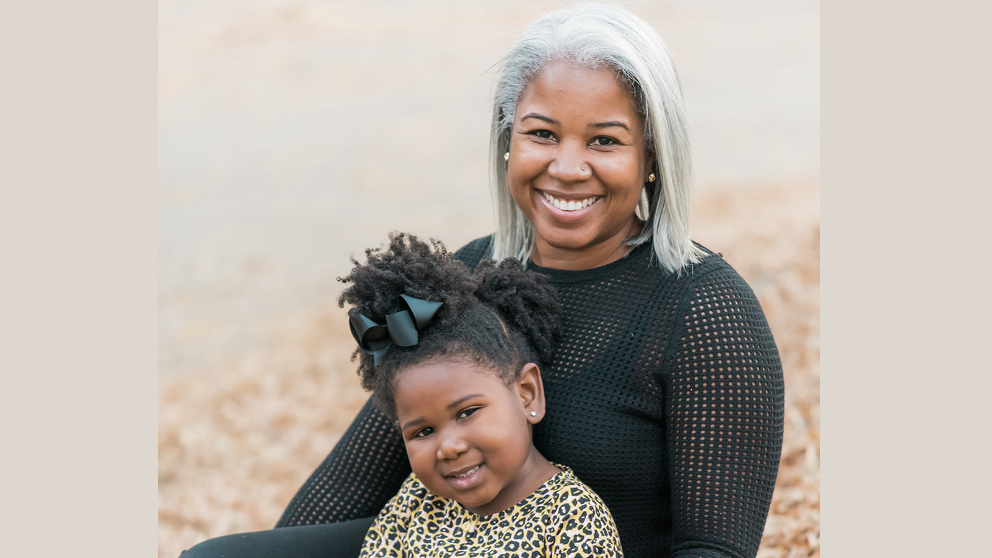
Crystal and Brooklyn Hall
Crystal is the mother of Brooklyn, a 4 year old with type 1 diabetes in Atlanta, GA
[Brooklyn's pediatrician] made a comment to me that she wanted me to "stop feeding [Brooklyn] cookies and crackers."
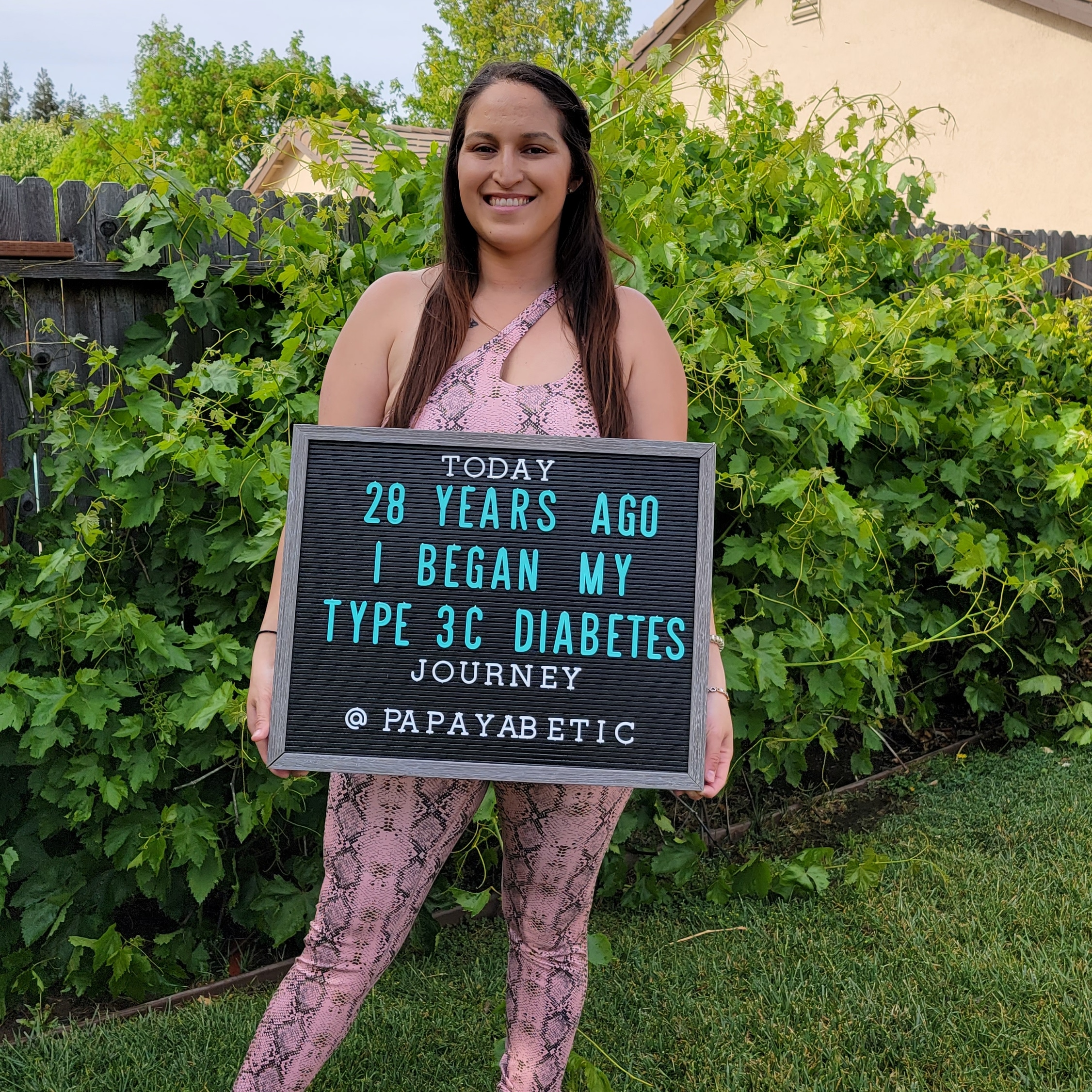
Maya Ramirez
Sacremento, CA
I was born with congenital hyperinsulinism, which led to my pancreas removal at eight months old. Living with diabetes means I've experienced all sorts of stigma throughout the years. There was one moment in particular that really stands out, because I've never been so embarrassed or mad.
Read more
I went on a girls trip to Las Vegas about five years ago. While we were standing in line waiting to get into a club, we were getting our bags checked. The bouncer was looking through mine and questioning all my medical devices. He was in particular very interested in my test strip vial. He didn't believe it was medical equipment, he thought it was something else. He opened up my vile and dumped my test strips on the ground. I was angry, embarrassed, and mortified.
All he said next was, "Oh you're right, it is medical equipment, whoops. You can go in." My friend and I quickly picked up all my test strips, while we yelled at the bouncer.
We took down the bouncer’s name and the next day reported him to management. We explained to the manager the situation and he was horrified that the bouncer did that; he said he would take care of it.
For a while I was so cautious about going to events. I carried a medical note with me and always wore my medical alert, just hoping I would never have a situation like that again. Looking back now, I feel like I should have done a lot more. I was so humiliated with how I was treated, simply because he did not understand diabetes.
I now am so open when talking about diabetes and explaining what the devices are. I hope to be able to educate others and raise more awareness about diabetes.
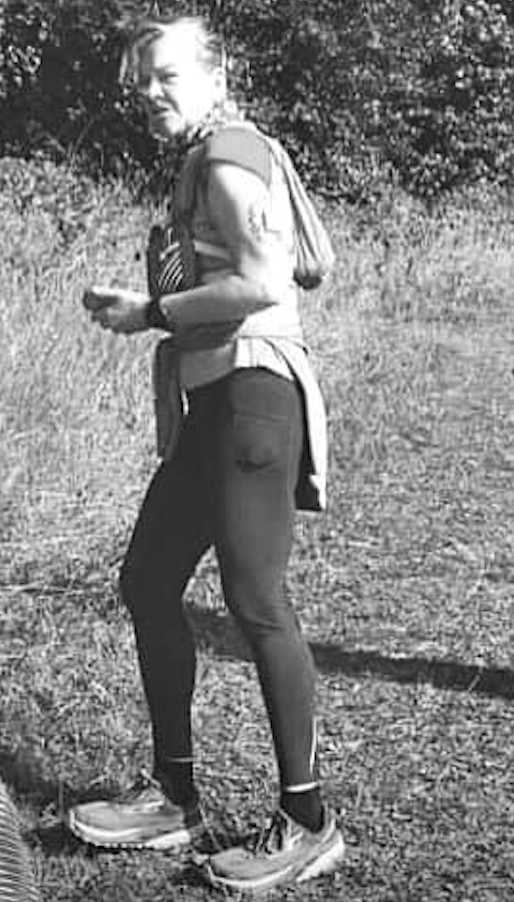
Caroline Nairn
57, United Kingdom
I’ve had type 1 diabetes for almost 51 years now. I work really, really hard to manage my diabetes and have TIR scores and A1C readings that bode well for now and for the future. But it’s not always easy!
Read more
I run ultramarathons and follow the eating plan in Mastering Diabetes and they both help me, a lot. But even then, sometimes it’s a struggle.
I am a Run Leader for my local running group and I take several runners out for between five and ten kilometers, several times a week. All my regular runners know that I have type 1 and that sometimes that means I have to stop and either eat some glucose or perhaps give myself some insulin. I’m very open about my diabetes and happy to answer any questions they ask me about it. They, in turn, are really accepting of it, and when they hear my Dexcom alarm, they just stop (sometimes before I do) and they always want to know what the reading is and what I need to do about it. I feel really well supported by my runners.
One day, a new runner joined my group and she mentioned she was a nurse. I told her that I have type 1, and that occasionally that means the group has to stop for a second while I sort my blood sugars out. She didn’t say much to that and we went ahead and set off. On that run, I did have to stop to have some glucose which took only about 10 seconds. At the end of the run, I asked her how she’d found our running group and whether she might join us again. She turned to me and seemingly without warning said, “Why don’t you just get your diabetes under control and just sort it out!” It seemed like a really angry comment to me. I was completely surprised and didn’t know what to say.
That comment has stayed with me and I’ve been stewing over it. I still haven’t come up with the ideal response, but I think I would try to explain to her that my diabetes is already under very good control, but it needs constant attention and tweaking. I was also really angered that someone who has some medical knowledge (a nurse) would even say that.
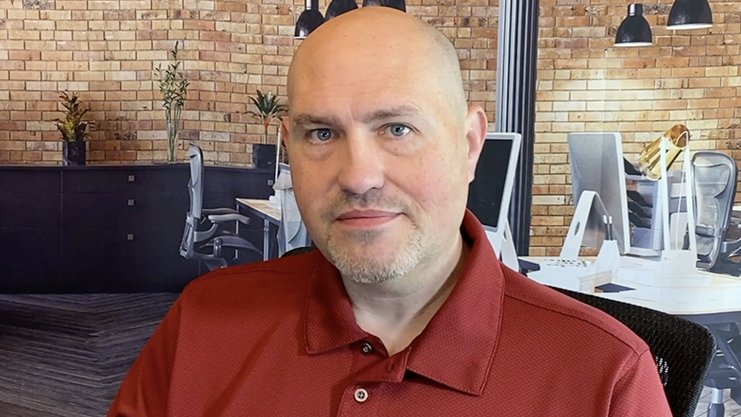
Scott Johnson
46, San Diego, CA
I was in little league baseball, and the coach put me in the right field because of my diabetes…it felt like he was doing that to me, not with me.
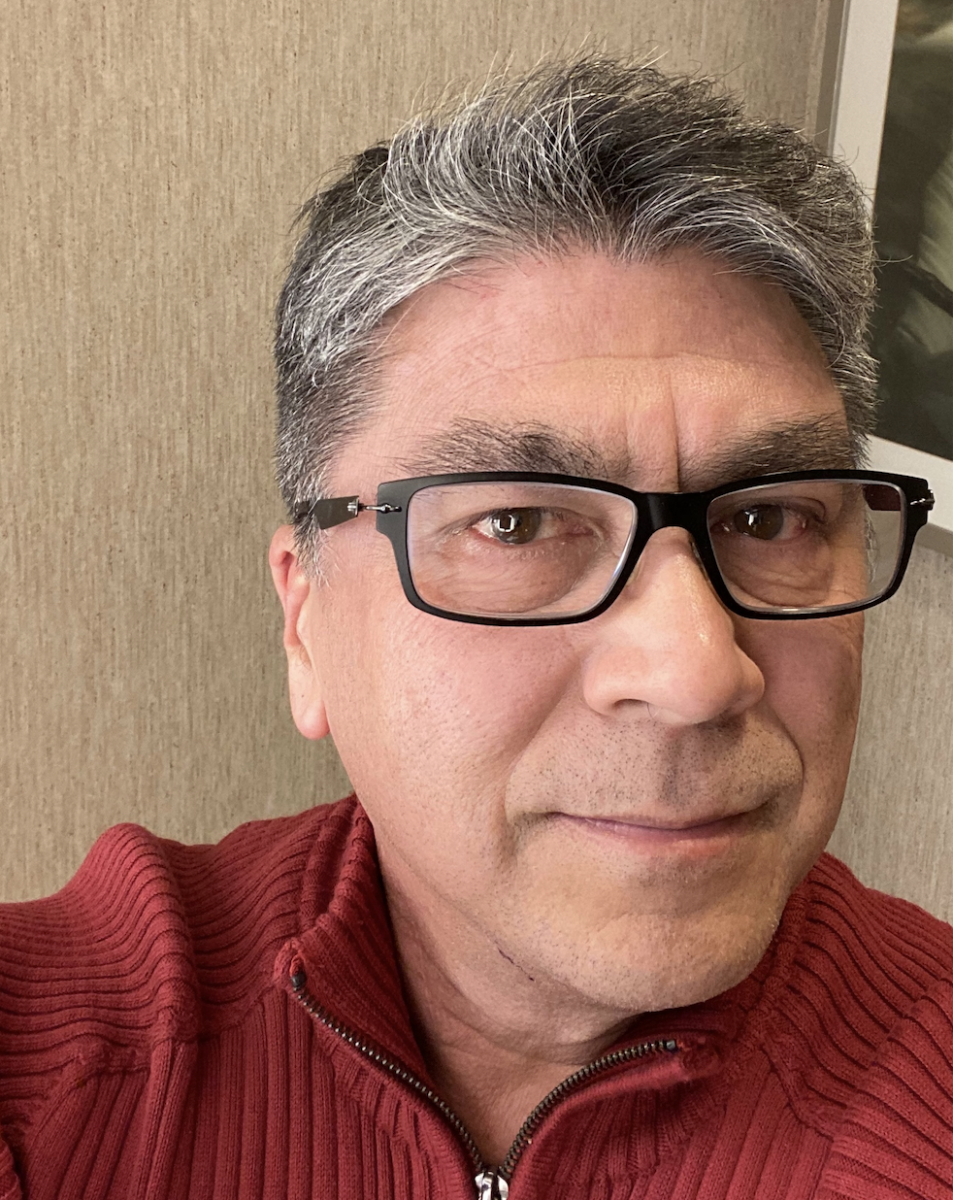
Michael Hattori
Monterey, CA
As a diabetes educator, I’ve had a number of people come through my door in tears, relating stories of discrimination, guilt, shame, and even bullying around having diabetes.
Read more
And not only from people like coworkers, but from friends and family as well. It is no wonder so many people hide it.
One patient of mine, a 45 year-old woman with type 2 diabetes, came into my office, sat down and immediately broke down in tears. She had been diagnosed with diabetes a couple of months prior and was reluctant to tell her coworkers about it, because she believed it was her fault and that they would judge her. But she had decided to let them know anyway.
At first, they seemed supportive, but shortly after that she noticed that in the break room they became the Diabetes Police: “Didn’t you say you had diabetes? You shouldn’t be eating that!” It got to the point that she had to eat somewhere alone, so that she would not be harassed about what she was eating. She also noticed that people started making comments about her weight, which they had never done before.
I told her that, unfortunately, that kind of treatment was not unusual. And although it may come from people’s concern for you, it can seem more like criticism and judgment – and sometimes it is. But mostly it comes from ignorance and misbeliefs.
We discussed ways she could take the situation and use it as an opportunity to teach others about diabetes, maybe even dispel some of the myths, and turn the negative into a positive for everyone. If you are experiencing diabetes stigma, it is so very important to take action. Speak with your diabetes educator about it, and if you need counseling, don’t be afraid to ask for help.
Anonymous
For a long time [diabetes stigma] prevented me from taking proper care of myself, so I wouldn’t be judged.
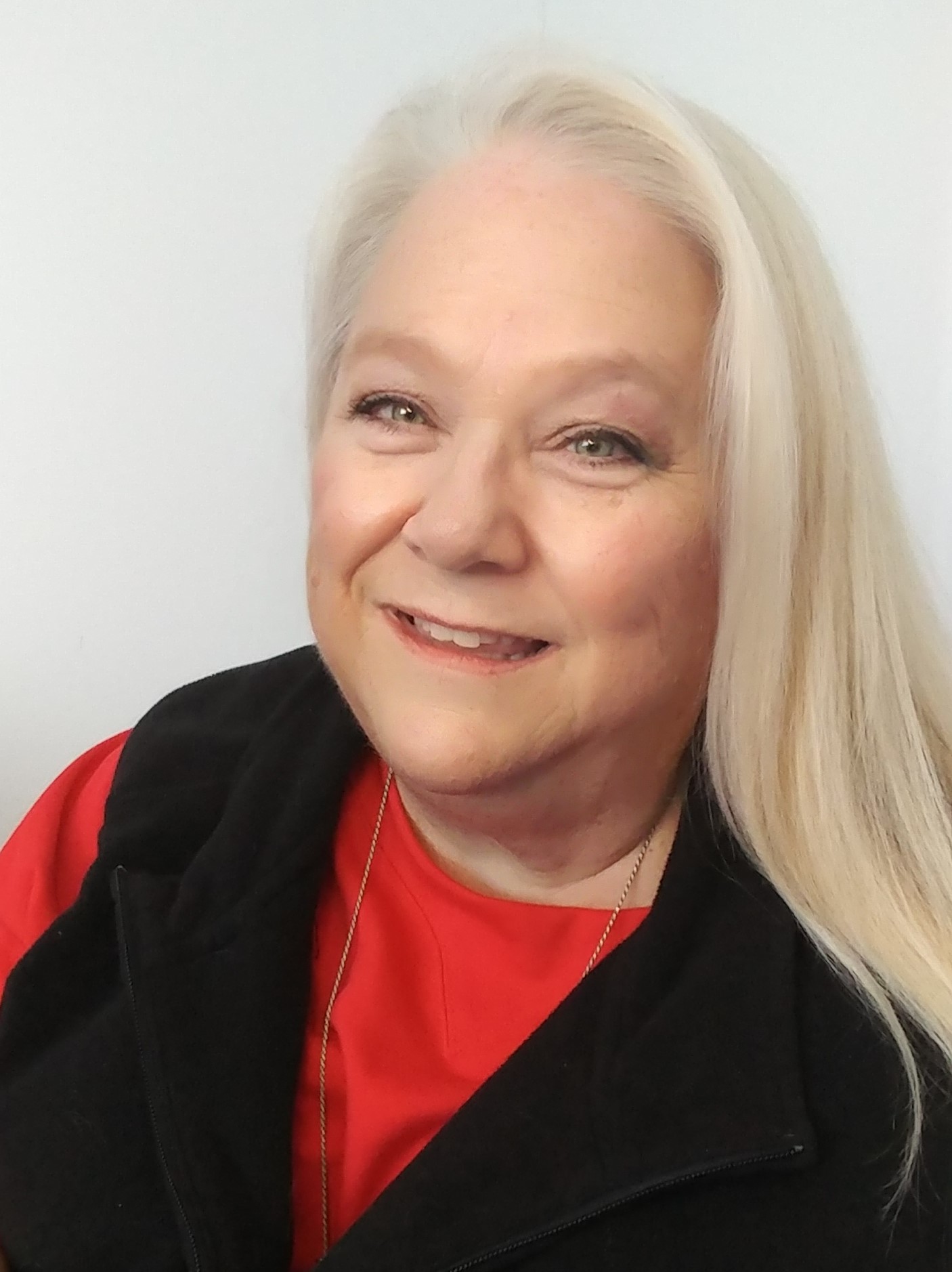
Jane DeMeis
67, Fairport, NY
I am 67 years young, live in upstate New York, and I am a person of size. I have always been a larger person but it never stopped me from being an athlete.
Read more
I played tennis five times a week, swam, hiked up mountains, rode my bike, and played both volleyball and softball. For years, doctors would take an A1C only to find it was never over 5%. There is no diabetes in my family and the only reason they tested me at all was because I was fat.
About 18 years ago, I experienced a decline in my mobility and was in constant pain. The doctor told me to lose weight and prescribed 1800 mg of ibuprofen for two and half years. When my hands curled up, they finally tested me and discovered I have severe psoriatic arthritis. They put me on a high dose of methotextrate and prednisone and continued with the ibuprofen. In 2009, my kidneys crashed. I had stage 3 b chronic kidney disease and they discovered I also had an A1C of 13%.
I was rushed to the chief doctor of the endocrinology department who looked at me and said: “You will never be able to do anything about your diabetes. You can’t exercise because of the psoriatic arthritis. You obviously do not eat right. I want to walk you down to bariatric surgery right now.” He never talked to me, or asked me about my lifestyle, or what I do. He never talked about treatment options for my diabetes, nor did he suggest speaking with a dietitian who specializes in diabetes. I was so upset and humiliated that I could not even speak. I never went back to that practice.
My A1C came down naturally to about 6%, but over the years, it started to climbed back up to around 9%. I started experiencing super high daily glucose readings. However, I was never officially diagnosed with diabetes until 2016 by my primary care physician and then I was finally put on a treatment plan.
Years later, I ended up working in the very same medical center, and I even had to work with that same doctor on a wound symposium I was in charge of. I found out he had been removed as department chief. The irony of it all is that when I finally got the proper treatment, started working with a dietitian, and received good education and coaching, my last lab work showed that I had brought my A1C down to 5.8%. Although my chronic kidney disease continued and my GFR declined to stage 4, for the last four years I have been able to stabilize that decline and have not had to go on dialysis. I lost 50 pounds on my plant-based diet and I work out twice a week. I am still pretty active. And I am still a person of size.

Brittany Dement
34, Alabama
It was my second day on the job and we were required to wear short sleeve polo shirts or button-up shirts provided by the company. I had my Omnipod pump and my Dexcom continuous glucose monitor on each arm.
Read more
When the boss came out and saw my devices while wearing the short sleeve shirt, he had someone else tell me to cover my arms with a company jacket. English was not his first language, so at first I complied because I was not sure if something just got lost in translation.
However, about an hour later he walked by again and gave his nod of approval of the jacket. The HR manager was out when I was brought in, so I didn’t have a buffer or go-to person, but I told the person that he had to translate for him that he was violating ADA laws by requiring me to wear a jacket when no one else was required to do so. He apologized the best way he knew how and I removed my jacket. All was well after that! Sometimes a little grace and education can make a situation better.
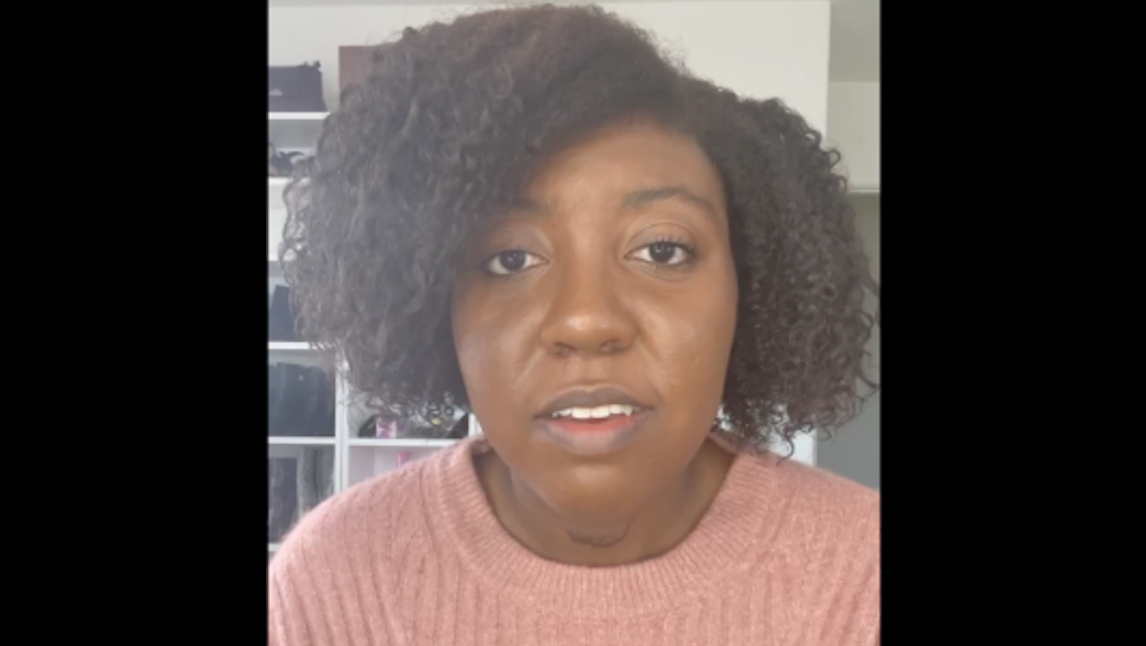
Taylor Johnson
29, Austin, TX
Most of my experiences with discrimination or stigma stem from... people just assuming that I am type 2 with all of the really wrong stereotypes and connotations.
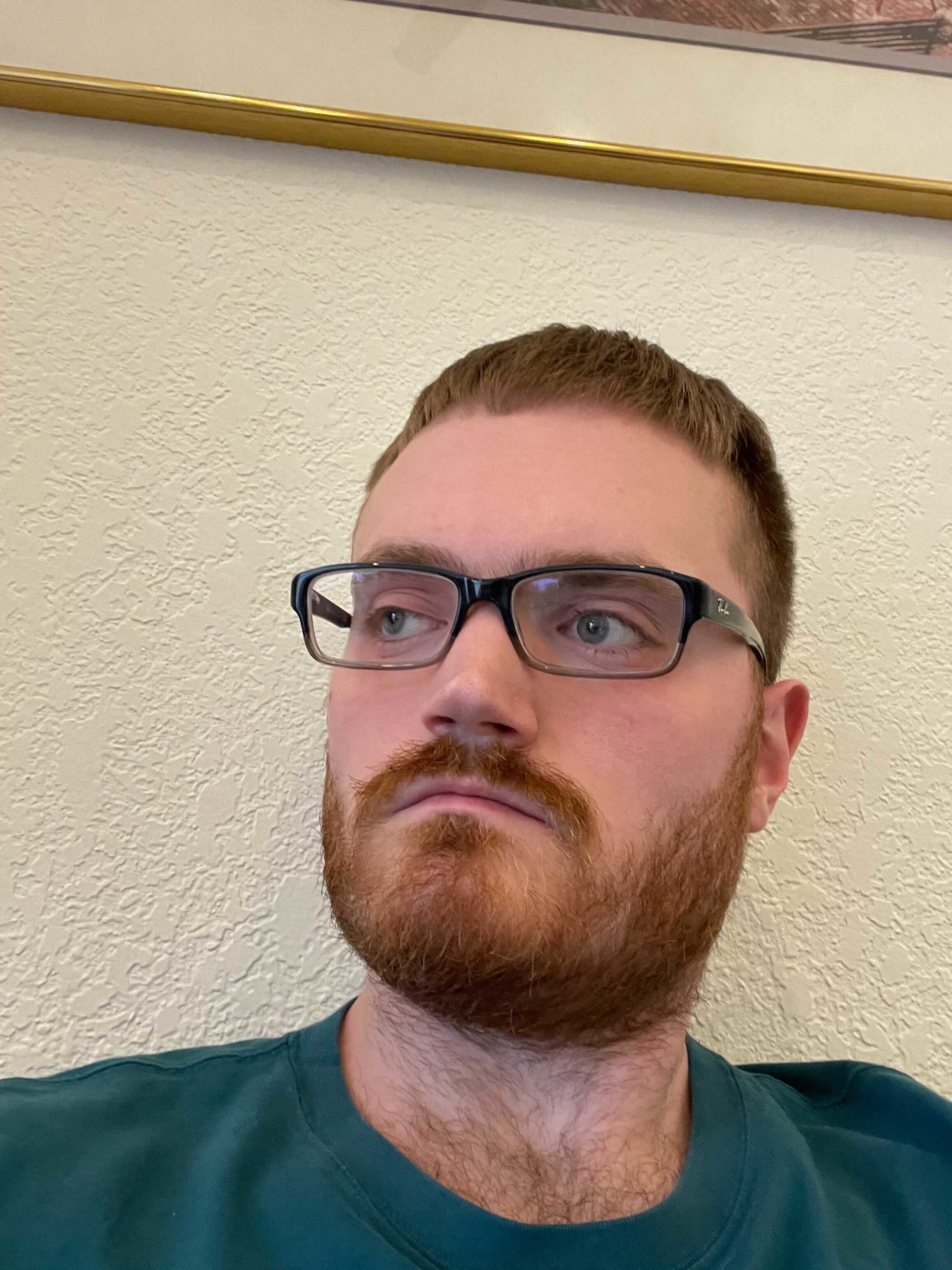
Shawn Laib
26, Kent, WA
When I was diagnosed with type 2 diabetes in the spring of 2020, my first thoughts immediately surrounded my age. How could I have gotten diabetes far before most people are even checked for it by their doctors?
Read more
I continue to wonder about this nearly two years later, especially when I see people who are seemingly far unhealthier than I am and they don’t have diabetes.
When I disclose my diabetes to others, I don’t really feel ashamed. I feel sad because they usually think about insulin needles and pricking fingers several times a day; I don’t take insulin and I only need to check my glucose periodically. There is some stigma associated with the idea that every person with diabetes fits into a specific mold and it is disappointing, but I don’t let it bother me.
I know that what I am doing to fight diabetes is positive. I try my best to eat well, although it is very difficult. I exercise several times a week. I try not to think about the negative things that could happen to me in the future, but I will always fight an internal stigma of what I could have done to avoid the disease. I can no longer worry about the “could haves” and “should haves.” All you can do is control the present and the future.
Dr. Qadeera Baghban
33, India
I was diagnosed with type 1 diabetes in the year 1996, and ever since then I have been facing a number of diabetes-related stigmas.
Read more
Belonging to a society that is bound by several different cultures and people while living with chronic illness has always made it hard to survive.
In 2012, after completing medical school with much success and coming back home, I never expected to be facing the major mental stress and stigma of marriage. It was a festive occasion during spring, where all the relatives and cousins were gathered. Among them were people who singled me out among the discussion of marriage: “Oh she deals with type 1 diabetes. She isn’t a normal person. She has to take multiple insulin injections and pricks. It would definitely be hard for her parents to find an alliance for marriage,” and another comment from someone was, “Marriage isn’t the end, she might not be easily conceived [be able to conceive a child].”
This incident hit hard on my mental health. I faced chronic depression for two years and had to seek medical help. Indeed it was one of the toughest times and I started questioning my own confidence. Deep down it was even causing a major harm to my sugar levels. I had almost given up.
However, a day came when my mother (my sole support) held a get-together where she taught my relatives and friends about diabetes awareness. From then on, I was able to start rebuilding myself and my mental health with the help of my mother. Positivity was the key factor behind our motivation.
And now, I am happily married and experiencing motherhood! Indeed Diabetes is a chronic illness, but not a death sentence.
Anonymous
I’m tired of people trying to police what I eat and hearing people constantly personifying sweets as “diabetes."
Anonymous
For all the bravado that I put up when it comes to fighting diabetes stigma among people...it still doesn’t shake my own internal judgement that I’m a flawed human being.
What's your experience
with diabetes stigma?
with diabetes stigma?
